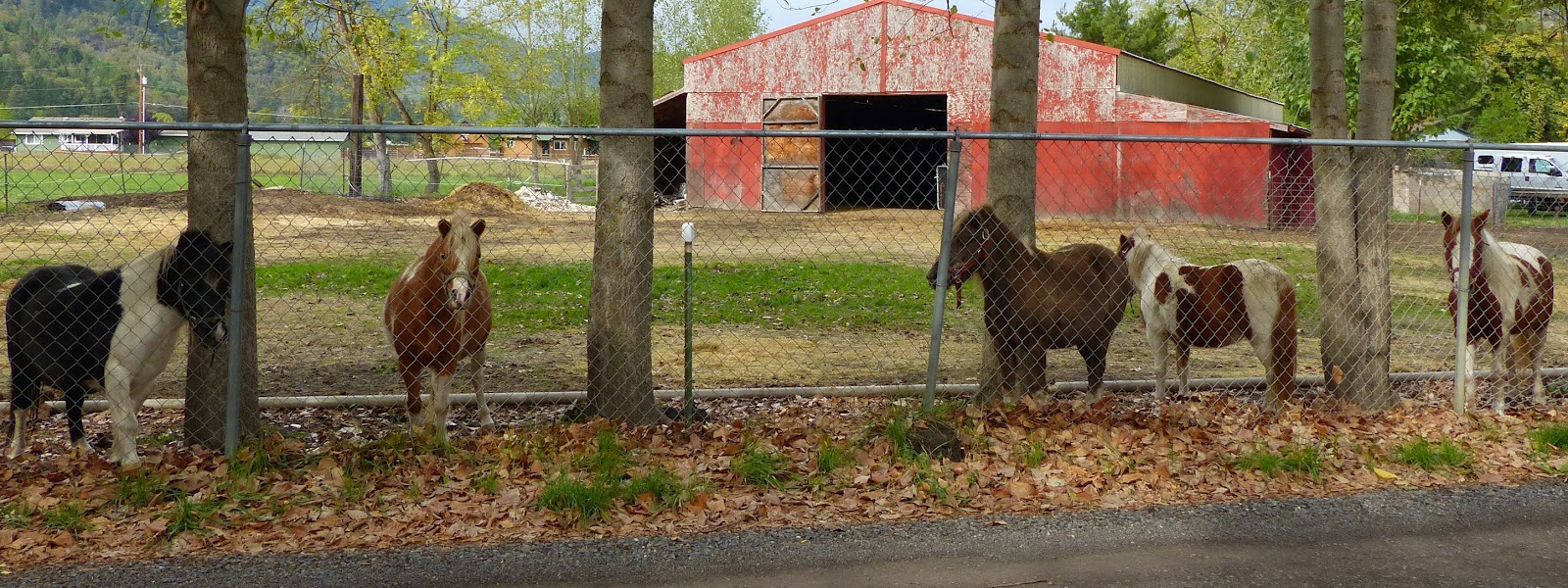 |
Golden delicious apples make outstanding sauce. This year we mixed Jonathon and red delicious types with golden. No sugar. No salt or cinnamon. Just apples. Easy. Delicious.
|
I am relieved and refreshed to be back to sweet and simple stuff after an excruciating six weeks of nitpicking a post about my mom's passing and the magical people who helped ease her into the beyond. It felt good to get it out, but I am so done with the topic. At least for now.
Maybe something later about who the hell wants to live to 100? And how accumulating stuff throughout a lifetime makes no sense. And all the people I know who are dealing with a parent's decline and are asking questions like, Why doesn't mom act like an adult? and Can dad keep driving? But for now, I'm headed to the orchard! Happy talk!
We have apples in ridiculous abundance. We bought this triangular 3.5 acre property about 40 years ago when it was a young orchard of 375 red and golden delicious trees with a burned out ratty old mobile home squatting near the road. The mobile home was marginally livable, and the property was only $17,000 when we moved in. After seven years, when the mortgage was paid, we built a stick house. We've never left, except for when we rented it out and relocated to Grants Pass for four years so the youngest kid could benefit from a "big town" high school. Good decision, it turns out. But living in the same place for more than 40 years? Who does that any more!? Around here, it's not that unusual.
 |
The orchard in the 1970s. The trees were young. We were young. You can see they're bowed with apples. They're old now and not as productive. And they're not bowed either. But us? Well.....
|
We've made tons of applesauce through the years. It requires most of an afternoon. But apple butter, due to its lengthy cooking-down time, is a relative newcomer to our preserving repertoire. It requires a few days.
How to make applesauce and apple butter guides are below. It's all about the process.
 |
It really helps to have a Victorio Stainer, that unit on the left with the white funnel. It saves hours of work by separating the apple flesh from the cores and peels. We used a mix of apples this year, but goldens alone make a great sauce. Our apples are unsprayed so require serious sorting.
|
 |
| Use the largest pot you have to boil the quartered apples until soft enough to process. This stainless steel pot is from a set of nesting pots that we take on river trips. The pot on top of the white bucket is catching the sauce from the strainer. That pot holds seven quarts and goes directly from the outside stove to the inside stove to begin the canning process. |
 |
| The fruit must be soft enough to press through the strainer's funnel to separate skins and cores from apple flesh. I'm too old to ever make sauce again without this tool. |
 |
| We keep a steady flow going from stove to strainer. |
 |
| As you can see, the sauce goes one way and the cores and peels go another. Love it! |
5 to 6 quarts of homemade applesauce. (Don't waste your time using commercial applesauce.) Increase spices accordingly if your crockpot holds 6 quarts. We roughly tripled this recipe.
2 tablespoons ground cinnamon
1 teaspoon ground cloves
1/2 teaspoon all spice
2 cups sugar. May also use equivalent amount of Splenda or one 12 oz. can of frozen concentrated apple juice.
 |
This crockpot holds five quarts of applesauce. We had enough sauce to use two crockpots this size and one that holds three quarts. Use wooden or metal thingies to keep the lid from being a tight fit. The moisture needs to escape.
|
 |
We turned our pots off at night out of paranoia, but kept them on LOW for three full days until the desired consistency was achieved. PK used the grinder to pulverize whole cloves.
|
 |
| A few days later, we're getting close to canning pints in a boiling water bath. |
 |
| Pints filled carefully with hot apple butter leaving room to expand. |
 |
PARTING SHOT: Here's a young PK, still in his twenties, pruning trees after eight hours at his paying job. He always wanted to be a farmer, and here he was. We started with 375 trees and now have around 30. Still too many apples.
|
 |
| PARTING SHOT 2. The miniature horses across the road head to the fence when I come outside because they want apples. I happily oblige them. Here they are, begging, knickering, jockeying for position. They continue this behavior for several months after the apples are gone. Don't worry. They're happy little horses, well looked after by their owner, with whom we trade apples for eggs. |







